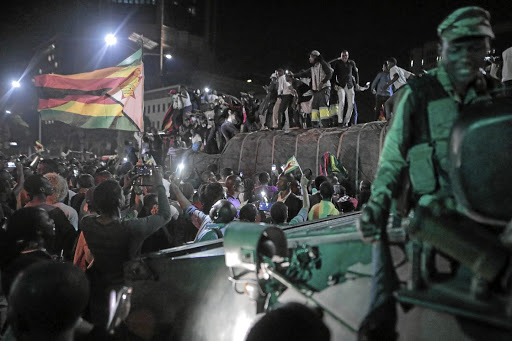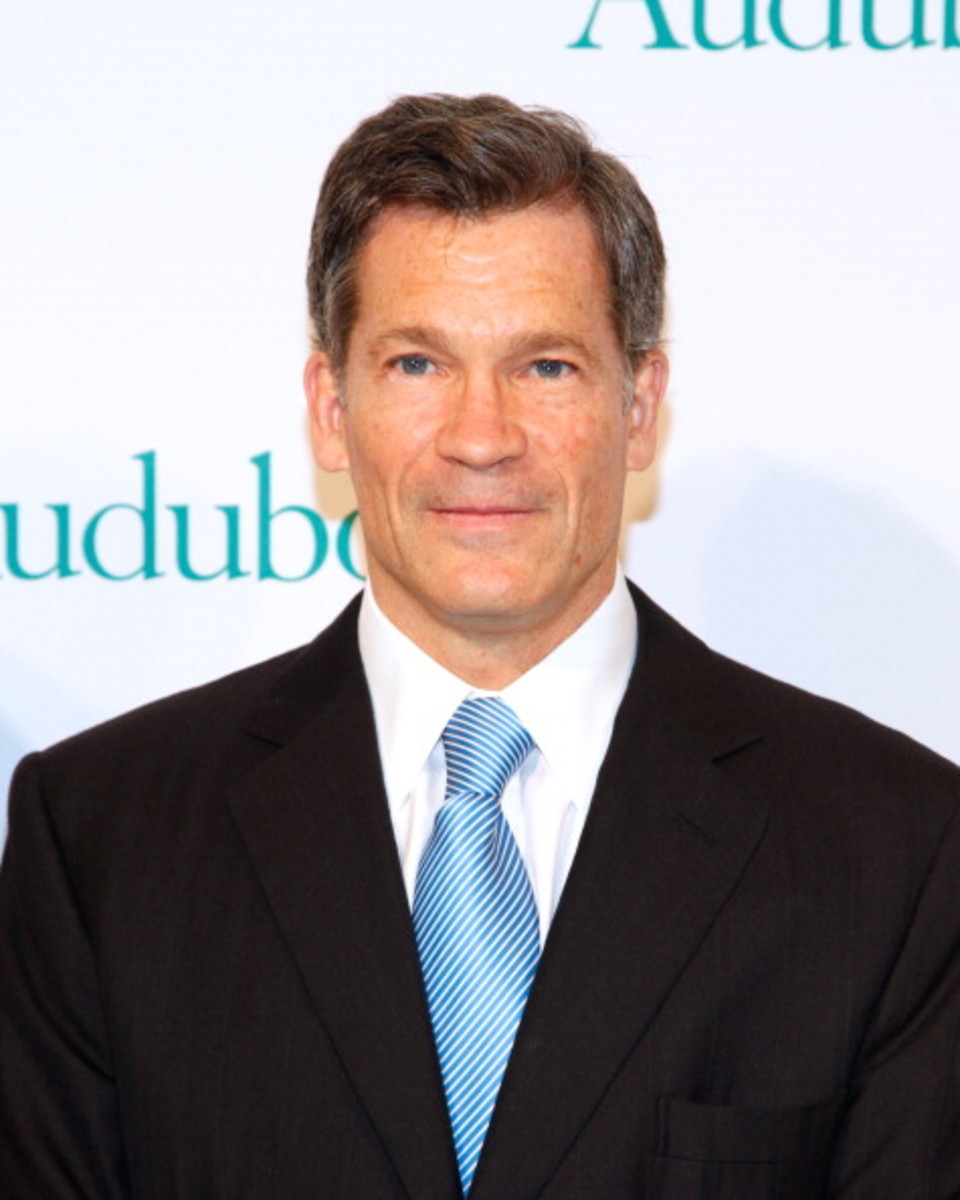The 2020 National Budget Presentation on 14th November, noted briefly in Bill Watch 59/2019 [link], was not the only important event of the last Parliamentary week. This bulletin is to update readers on other noteworthy developments in the National Assembly that occurred last week.
Progress on Bills
Restoration of Six Lapsed Bills to the Order Paper
On 12th November the National Assembly approved a motion by the Minister of Justice, Legal and Parliamentary Affairs the restoration of six lapsed uncompleted Bills to the Order Paper at the stages they had reached in the last session. [See Bill Watch 58/2019 [link] for a list of these Bills and the stage reached for each Bill in the last session.]
Introduction of Bills and Referral to PLC
On 13th November the Minister of Justice, Legal and Parliamentary Affairs presented three Bills, which immediately received their First Readings and were referred to the Parliamentary Legal Committee [PLC] for its report on their consistency or otherwise with the Constitution:
Reserve Bank of Zimbabwe Amendment Bill [link]
Constitutional Court Bill [link]
International Treaties Bill [link] – for commentary on this Bill see Bill Watch 56/2019 Bill [link].
The PLC initially has three weeks within which to submit its reports, but can ask the Speaker for an extension of this period.
Approval of Agreement for an Economic Partnership Agreement [EPA]
between the United Kingdom and Eastern and Southern African States [ESA]
This Agreement was approved on Tuesday 12th November 2019. If it is also approved by the Senate, the President will then be able to ratify it. The Agreement provides for continuity in the UK’s trade relationship with Madagascar, Mauritius, Seychelles and Zimbabwe under the present EPA between the European Union [EU] and these states. It will only come into force when/if the UK leaves the EU. This continuity includes replication of the language of the Cotonou Agreement and the present EPA to ensure that respect for human rights, democratic principles and the rule of law, and good governance remain as essential and fundamental elements of the ESA EPA; and that if needed, appropriate measures can be taken in the event of a violation of these elements.
Two Important Committee Reports Presented
Compliance Issues for the Reserve Bank: Public Accounts Committee [PAC]:
On 12th November Hon Biti, chairperson of the PAC presented the Committee’s comprehensive report on the Reserve Bank’s non-compliance with constitutional and legal requirements – to the tune of billions of dollars. The report mentions disagreement between the Bank and the Committee [and its legal adviser, Counsel to Parliament] on disclosure of information to the Committee. Its recommendations include making amendments to the Reserve Bank of Zimbabwe Act, and the presentation of Bills by the Minister of Finance and Economic Development to regularise unauthorised activity by the Bank. Debate on this report is obviously far from over.
Welfare of War Veterans: Portfolio Committee on Defence, Home Affairs & Security Services
This report was presented by Hon Mayihlome, chairperson of the portfolio committee. It is the product of the committee’s action on a petition to Parliament from Mr. B. Kundhlande received by Parliament in May 2019 and referred to the committee. The committee enquiry conducted to assess the adequacy and effectiveness of Government policies and programmes targeted at empowering and improving the general welfare of war veterans across the country. After hearing evidence from the Ministry of Defence and War Veterans’ Affairs and conducting public hearings the committee prepared this report incorporating its findings and recommendations. This report will be a yardstick by which to assess the recently-gazetted Veterans of the Liberation Struggle Bill [link] and its implementation if it becomes law.
Ministerial Statements Promised
On 12th November points of privilege raised by MPs included the following topics:
Audit of and Report on Payments for Airport Road, Harare
Hon Markham, a member of the PAC, complained that Parliament had been waiting too long for the Minister of Local Government to present a report on the audit of payments made for the ill-fated Airport Road. He said the road had in effect been paid for twice.
Crisis in Health Sector and Hospital Doctors’ Strike
Saying that the doctors were now in their 69th day on strike, Hon Biti asked the Speaker to demand that the Minister of Health and Child Care make a Ministerial Statement to the House on the crisis in the health sector .
Giving feedback the following day, the Speaker said there would be Ministerial statements on these topics soon, plus statements requested previously on the water situation [from the Minister of Lands, Agriculture, Water and Rural Resettlement] and on the state of Zimbabwean soccer vis-à-vis FIFA [from the Minister of Youth, Sport, Arts and Recreation.
Position of MDC-A MPs as a Result of MDC-A Attitude Towards President
There were three new episodes in the drama unfolding on the Parliamentary stage as ZANU PF reacts to MDC-A MPs’ attitude towards the President’s visits to Parliament:
Suspension of 23rd October Ban on MDC-A MPs Questioning Ministers
On 13th November, before Question Time, the Speaker handed down a new ruling suspending indefinitely – but not reversing – his ruling of 23rd October banning MDC-A MPs participating in Question Time. The suspension, he said, was “to avoid a paralysis of Parliamentary processes” in view of the importance of Private Members’ Business in Parliament. The text of the ruling is available on the Veritas website [link].
Committee of Privileges to Inquire into MDC-A Acts of Disrespect to President
On 14th November MDC-A MPs absented themselves from the National Assembly during the 2020 National Budget presentation. In the brief proceedings that followed the Budget presentation, still without MDC-A MPs present, Hon Togarepi, ZANU PF chief whip, raised a matter of privilege. At some length he detailed five separate occasions on which, since the opening of this Parliament, MDC-A MPs had conducted themselves in a manner disrespectful of President Mnangagwa. He concluded by submitting that their “untoward Parliamentary conduct” should be visited with a charge of contempt of Parliament. His full speech is available on the Veritas website [link].
The Speaker then ruled that Hon Togarepi had made out a prima facie case of contempt of Parliament, and Hon Togarepi formally moved a motion for the appointment of a Committee of Privileges by the Committee on Standing Rules and Orders [CSRO], which the House immediately approved. The Speaker ended the proceedings by there and then convening a meeting of the CSRO the following morning for this purpose.
Note: On 15th November Hon Gonese, MDC Secretary for Justice and Legal Affairs and an MDC-A MP, issued a statement saying that their MPs had genuine reasons for their absence, namely, attending to the funeral of party members who had died in a motor accident and that the Leader of the Opposition had, as a courtesy, given prior written notice to the Speaker that they would be absent on Budget day; the statement also reminded the public that MPs are not legally obliged to attend any particular Parliamentary sitting and recorded that fact that MDC-A members of CSRO had reported for the special CSRO meeting at the time stipulated by the Speaker but that the meeting had not proceeded because ZANU PF members had not turned up, meaning that there was no quorum.
Comment: Mr Gonese was correct in his statement that an MP is free to absent himself from a Parliamentary sitting without leave. The attendance register for the Budget sitting shows that that only 148 other MPs were recorded as present.
ZANU PF MPs walk out on PAC meeting chaired by Hon Biti
On 15th November a specially arranged Friday morning meeting of the Public Accounts Committee chaired by Hon Biti of MDC-A had to be abandoned because ZANU PF committee members would not participate. Hon Nduna – the ZANU PF MP who had enthusiastically seconded Hon Biti’s presentation of the PAC report on the Reserve Bank only three days before – was reported as explaining that he and his party colleagues had decided not to recognise Hon Biti as PAC chairperson until MDC-A started accepting President Mnangagwa as President. Under time-honoured Parliamentary tradition the PAC chairperson must be an Opposition MP. Hon Biti was appointed chairperson at the inception of the present Parliament.
Note on Mr Nduna’s legitimacy as an MP: Ironically there is serious, as yet unresolved, uncertainty over the legitimacy of Hon Nduna’s title to the Chegutu West seat in the National Assembly. After Mr Nduna had been declared the winner in last year’s election by a slender margin, the Zimbabwe Electoral Commission [ZEC] admitted that it had wrongly attributed to him 120 votes actually cast for the MDC-A candidate, and Mr Konjana MDC-A should have been the winner. But it was too late for ZEC to correct its error and that could only be done by the Electoral Court. The case is still bogged down in the Supreme Court to which Mr Konjana has appealed from the Electoral Court’s rejection of his election petition on procedural grounds. Meanwhile, Mr Nduna has sat in the National Assembly for over a year, despite having really lost the election to Mr Konjana.
Veritas makes every effort to ensure reliable information, but cannot take legal responsibility for information supplied.
Post published in: Featured
















 Kathryn Rubino is a Senior Editor at Above the Law, and host of
Kathryn Rubino is a Senior Editor at Above the Law, and host of 

